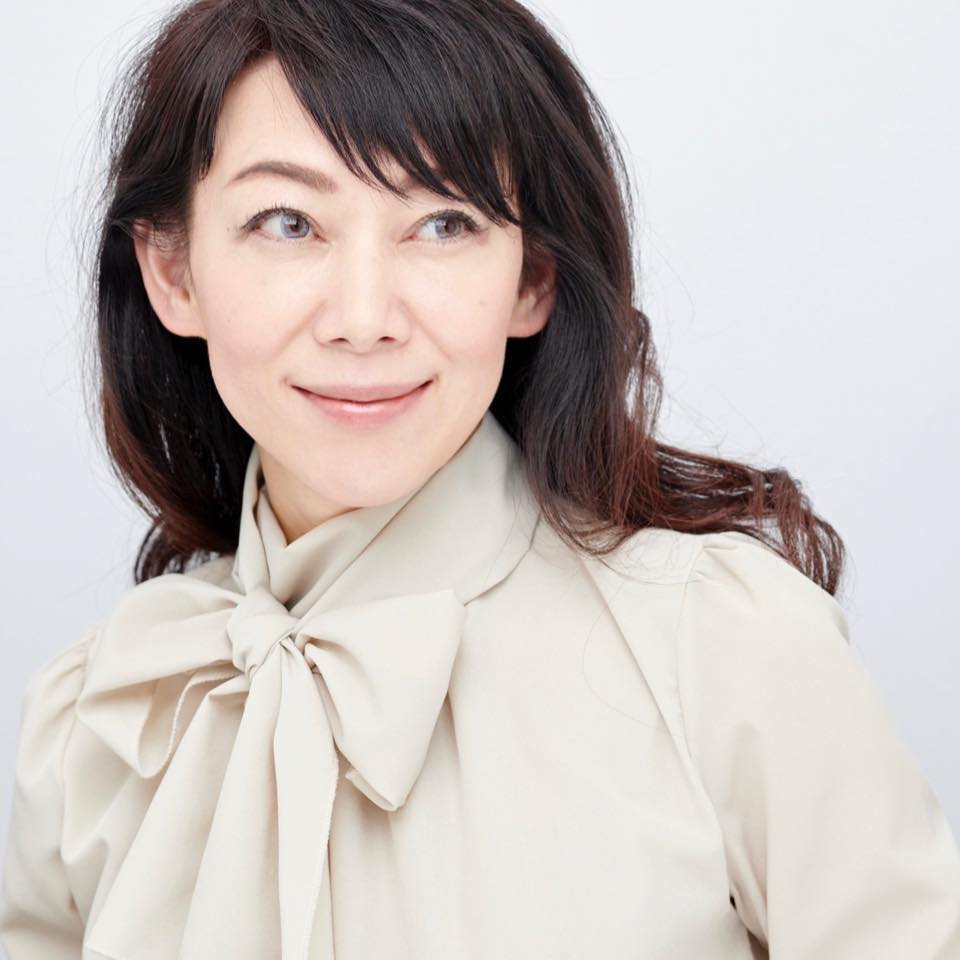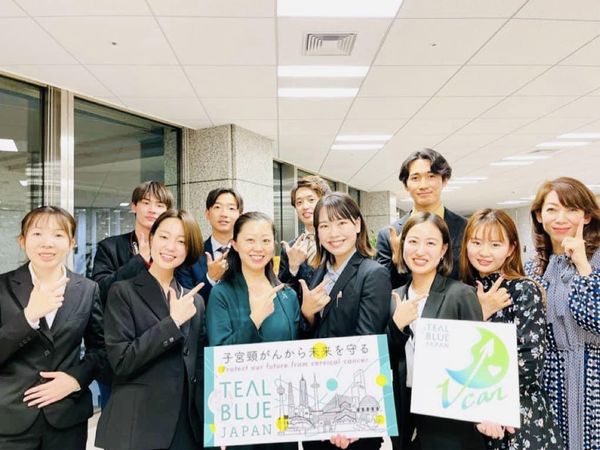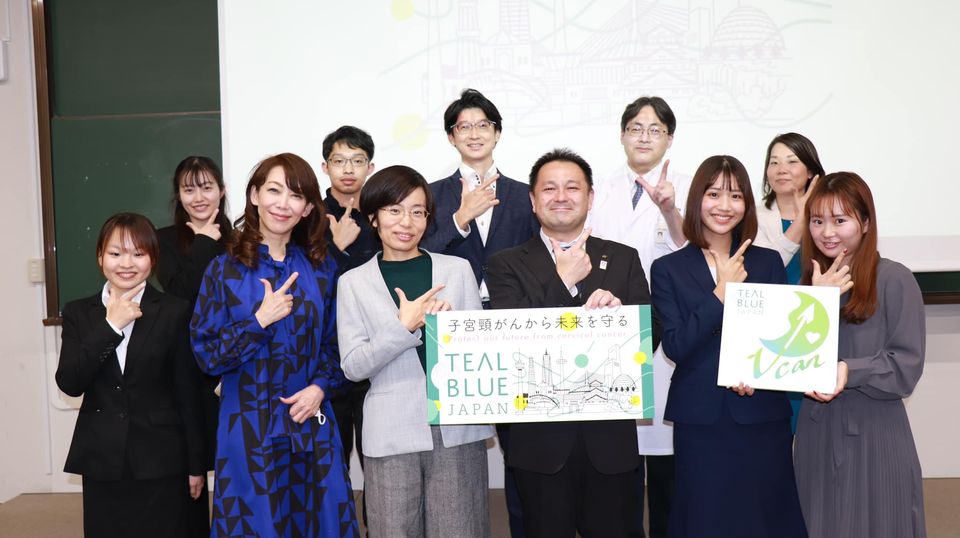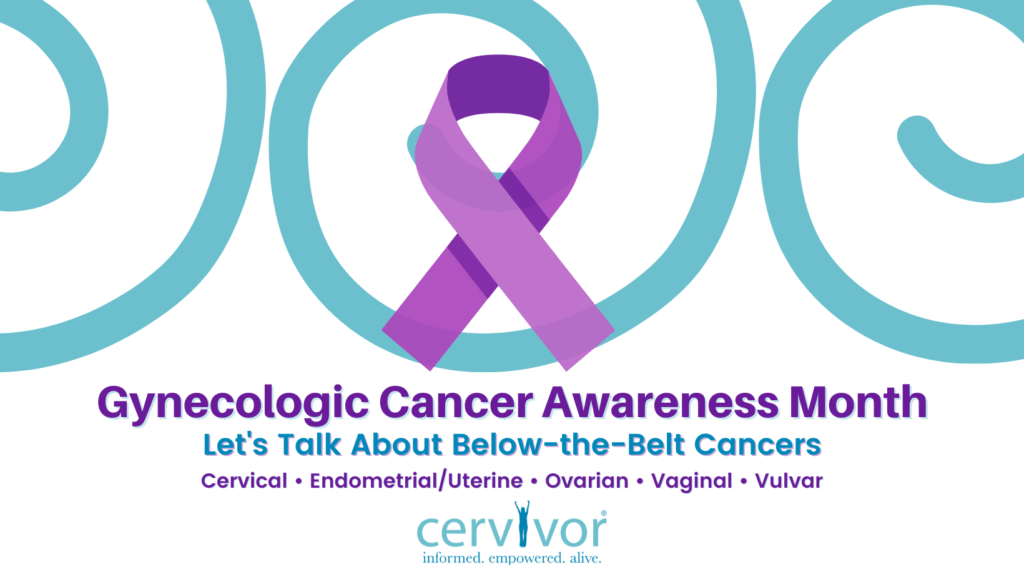May is Asian American Pacific Islander Month! As we continue to celebrate, check out this interview between Cervivor Ambassador and Cervivor Japan Liaison, Anna Ogo, and Ms. Michiyo Namba from Japan. Anna met Michiyo through Tamika Felder, Founder & Chief Visionary of Cervivor during Cervivor School Nashville. In this article, Michiyo shares her story with cervical cancer and the challenges the Japanese community face with this disease.
Anna: Can you start by telling us a little more about yourself?

Michiyo: My name is Michiyo Namba, President of Think Pearl. I started my own PR and event casting company for women when I was 29 years old, got married at 31, and had a baby at 33. In 2009, I was diagnosed with cervical cancer at 36 years old. I wish I had known more about cervical cancer, vaccines, and screening before I got cancer; and this was my reason I started an organization called Think Pearl. That was right before my hysterectomy surgery in December of the same year, 14 years ago. Our mission is to make everyone healthier and happier both physically and mentally, through our education and advocacy on cancer prevention and women’s health including cervical cancer awareness.
Anna: Tell me about your cancer journey in Japan. How does your story begin? How did you feel about your diagnosis?
Michiyo: In the summer of 2009, I had a routine pap test, which came out abnormal. I had no symptoms at that time. In January 2010, I underwent a radical hysterectomy, and it was confirmed that I had stage 1A1 cervical cancer. I had the option of preserving my uterus, but I chose to have a hysterectomy because of the size of my tumor. I immediately thought “Cancer = death” as I didn’t have any knowledge about it. I asked a friend of mine, who was a gynecologist, for explanations about my diagnosis, which helped to sort out my feelings. As I researched cervical cancer more, I learned that this disease was not uncommon, and it didn’t make sense to me that I had never heard of this disease before.
Anna: How did you share the news with your family and friends? What was their response and what kind of support did you have?
Michiyo: I informed my family and friends after I had come to terms with the situation. It was reassuring to hear that they would support me no matter what happened during treatment, as long as my life was not in danger. The doctor had told me that I could continue with my usual routine until the surgery, which made me feel conflicted. However, my family and friends were there for me as usual, and their constant presence made it easier for me to share my troubles without feeling like a burden.
Anna: Can you share with us about your treatment? What were the most difficult things? How are you doing now? Has your life changed after treatment?
Michiyo: I underwent a radical hysterectomy and was hospitalized for three weeks (which is longer than the current average for this procedure at the time of my surgery in 2009). I did not undergo any other treatments, such as chemotherapy or radiation. Realizing that people can die young and unexpectedly and that the risk of death can be so close, was the most difficult and challenging aspect for me. It has been about 14 years since my surgery, and I am in remission. There were not many physical changes in my daily life. However, my perspective on life has changed as I feel like I have been given a second chance, and I want to contribute to society in any way I can.
Anna: Let’s talk about the Teal Blue Japan project. What was your inspiration for the project?
Michiyo: In 2020, the World Health Organization (WHO) announced a global strategy to eliminate cervical cancer and an event was held on November 17 each year to light up landmarks around the world in the teal blue color associated with cervical cancer elimination efforts. The event was organized by WHO, and it was first held in Kyoto in 2020. In 2021, the Teal Blue Japan campaign was launched nationwide to promote cervical cancer screening and to improve understanding of the proper knowledge about the HPV vaccine in cooperation with local communities. The campaign is hosted by Think Pearl, but doctors and physicians across Japan are actively working on educating and raising awareness in their respective communities. The success of the campaign is due to the support and contributions of like-minded individuals who believe that doing good for society is important, rather than just the know-how of organizing campaigns, which is the core business of Think Pearl.


Anna: What challenges do you see regarding cervical cancer in Japan? What would you like to see for the future of cervical cancer in Japan?
Michiyo: In order to make impactful communication, I believe that all stakeholders, including the government, education, healthcare, and media, need to work together. While each is working to improve the situation in their own position, it seems that information has not yet reached people all over Japan. Everyone has knowledge about cervical cancer and its risks, and everyone is properly informed about the choice of getting vaccinated against HPV.
Anna: Looking back at your cancer journey, what are some of the cultural obstacles you had to overcome? What advice do you have for other women diagnosed with cancer in Japan?
Michiyo: Since the primary cause of cervical cancer is the HPV infection and that is related to sex, I think that stigma towards sex are similarly present in many cultures and maybe cannot be erased. However, in Japan, we have various projects in progress to promote cervical cancer prevention, early detection, and so on, and to implement those systems into society and educational systems. I believe that if we continue to progress in this direction, we can definitely overcome these barriers. In Japan, there are many fellow cancer survivors around you, even if you don’t know it. I think there may be times during treatment when it is very difficult and you feel hopeless. However, I hope you won’t hesitate to rely on those around you and ask for help. Japan has some of the world’s best treatment options available. Trust in reliable medical professionals, take your time and try to find happiness in even the smallest things every day.
Cervivor would like to extend our deepest gratitude to Michiyo for sharing her cervical cancer journey from patient to advocate with us and to Anna for her dedication to bringing more awareness globally to cervical cancer awareness and prevention.
